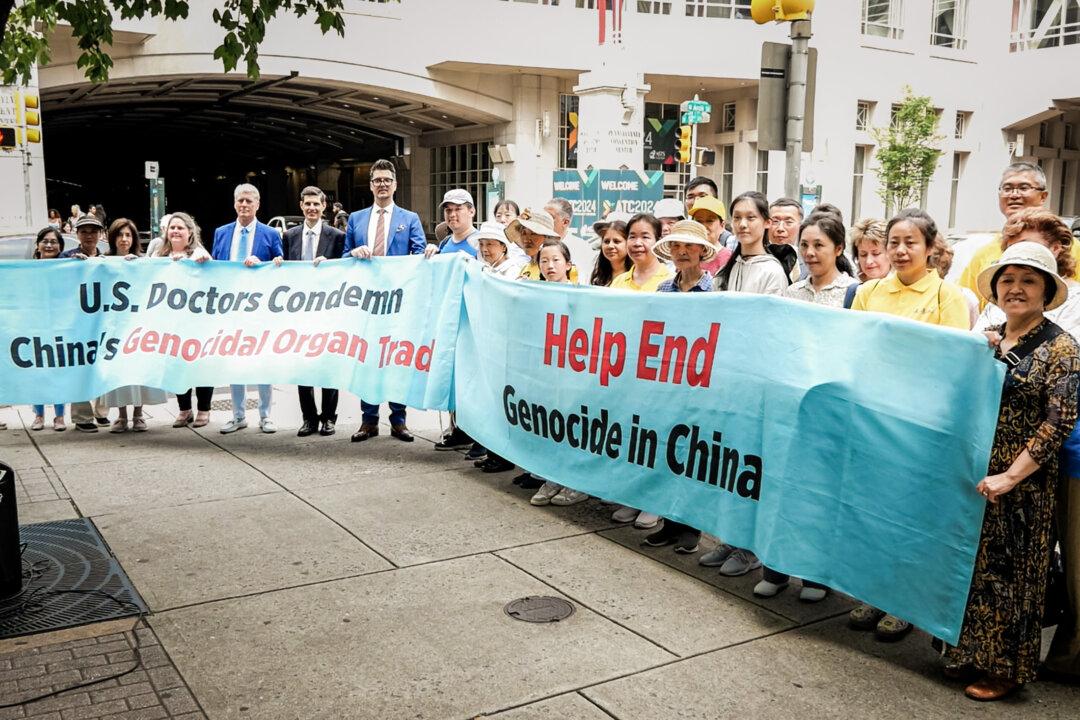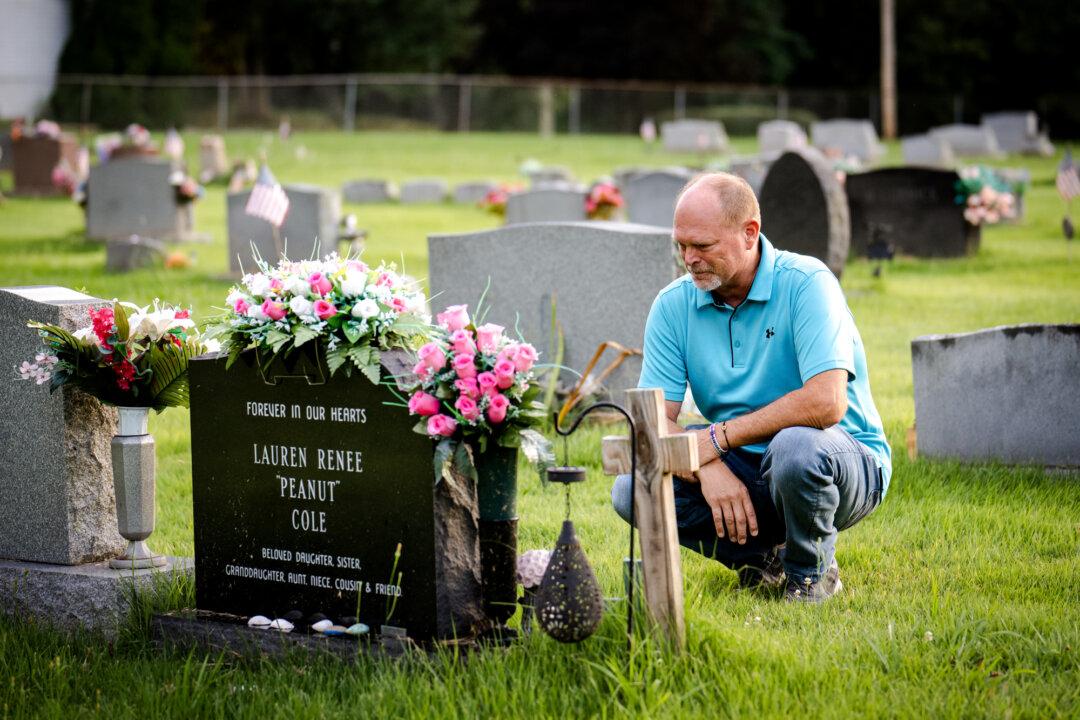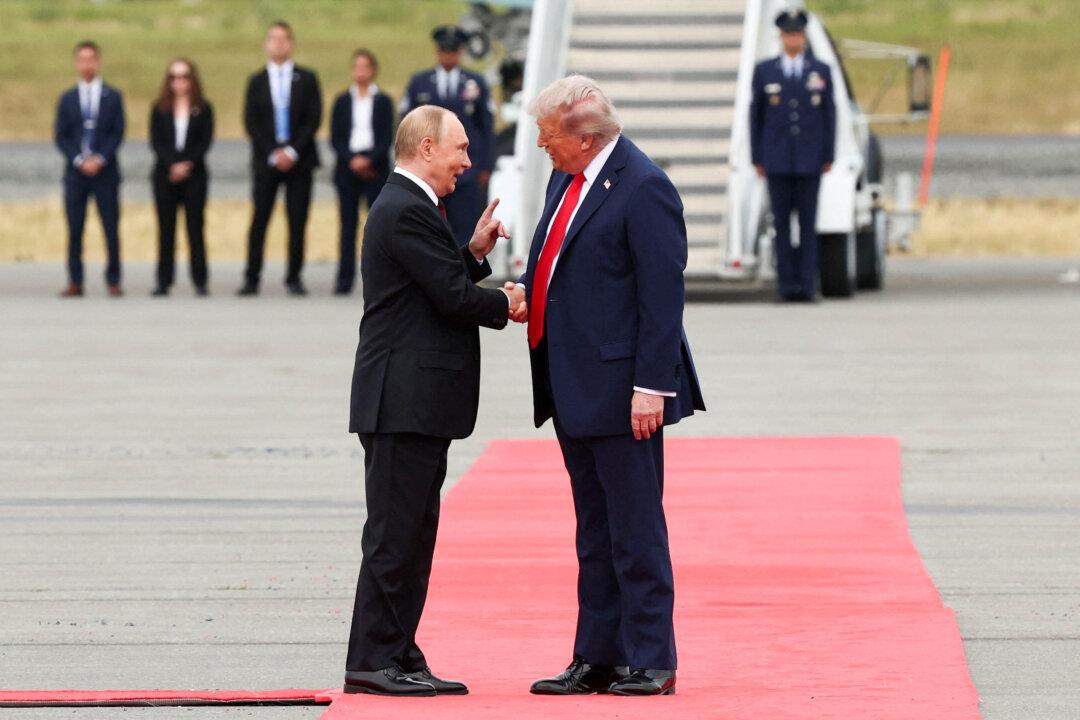Talking about the Chinese regime’s human rights abuse is no easy matter—even if you are in the West.
When human rights lawyer David Matas released an investigative report on forced organ harvesting and went around to give public talks, hosts who organized events featuring him canceled and booked venues suddenly became unavailable.





